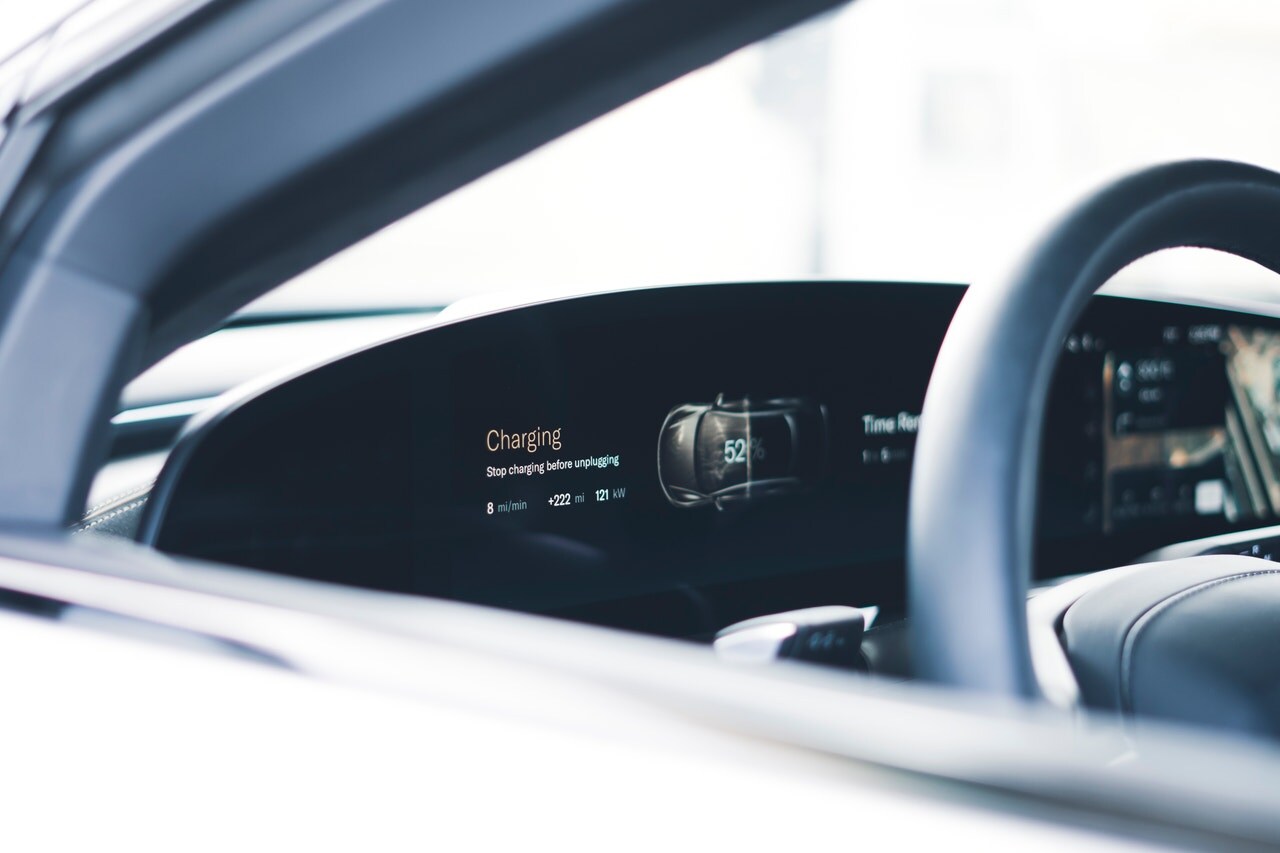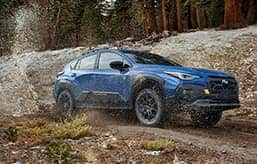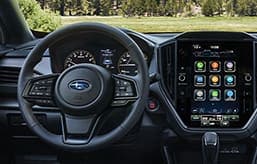- Edmunds' partnership with P3 was built to demystify fast charging.
- We put real-world definitions to charging lingo and establish a charging leaderboard.
- All in an effort to help you make the best decisions when it comes time to buy.
Which EVs Charge the Fastest? Edmunds' Testing Reveals Who's Leading the Charge, Who Isn't
We've got more than just range figures to test here
We all know EVs are quick off the line, but what about when the juice runs out and it's time to charge your EV back up?
The amount of time it takes to fast-charge an EV varies from vehicle to vehicle. Some EVs are much quicker to charge than others but there’s no industry standard measure of charging speed — automakers just quote a figure that makes them look good. At Edmunds, we wanted to establish a new standard with independent evaluation of electric vehicle fast-charging speeds, ranking vehicles from top to bottom.
With the Edmunds EV Charging Test, we put 43 EVs under our microscope to create a comprehensive charging leaderboard with the help of our partners at P3. It's an automotive consulting company with a specialty in technology development that's developed its own way of testing EV charging by monitoring how much current is flowing from a charging station to a car. We combined P3’s charging data with the results of the Edmunds EV Efficiency Test to produce a real-world measure of the time required to add range to a vehicle’s battery. What we're doing is establishing an industry standard — there hasn't been one for measuring charging speed until now. That way you can know if you will need to spend copious amounts of time charging on that road trip or spend 10 minutes less charging your EV on your daily commute.
This also is why we describe this as the average miles per charging hour, and to provide additional context, we also quote the average time it takes to add 100 miles of charge.
Leading the charge
The results are in from our first batch of testing, and you might be surprised to hear that the Hyundai Ioniq 6 Limited RWD can add 100 miles of range faster than any other EV we've tested. It takes Hyundai's newest EV just 6 minutes and 55 seconds to add those 100 miles — the Tesla Model Y Performance, for reference, needs almost double to do the same.
We now see electric cars regularly achieve or better 300 miles of range, and it's not just the high-dollar EVs. The Hyundai Ioniq 6, Kia EV6, Tesla Model 3, and a number of other EVs can be had with more than 300 miles of EPA-estimated range for less than the average transaction price of a new car today. More expensive EVs can get to 400 or even 500 miles of range on a single charge, as we've seen multiple times in our Edmunds EV Range Test.
With EVs regularly achieving higher and higher range figures, range anxiety may soon become less of a roadblock for prospective buyers, but charging times will remain a concern. That's why we're testing and establishing the Edmunds EV Charging Test leaderboard. Stay tuned for more charging tests and regular updates to both our range and charging leaderboards.
Edmunds says
The race is on to see who can get from 0 to 100% (not mph) the quickest, and we'll be the judges of that.





 by
by